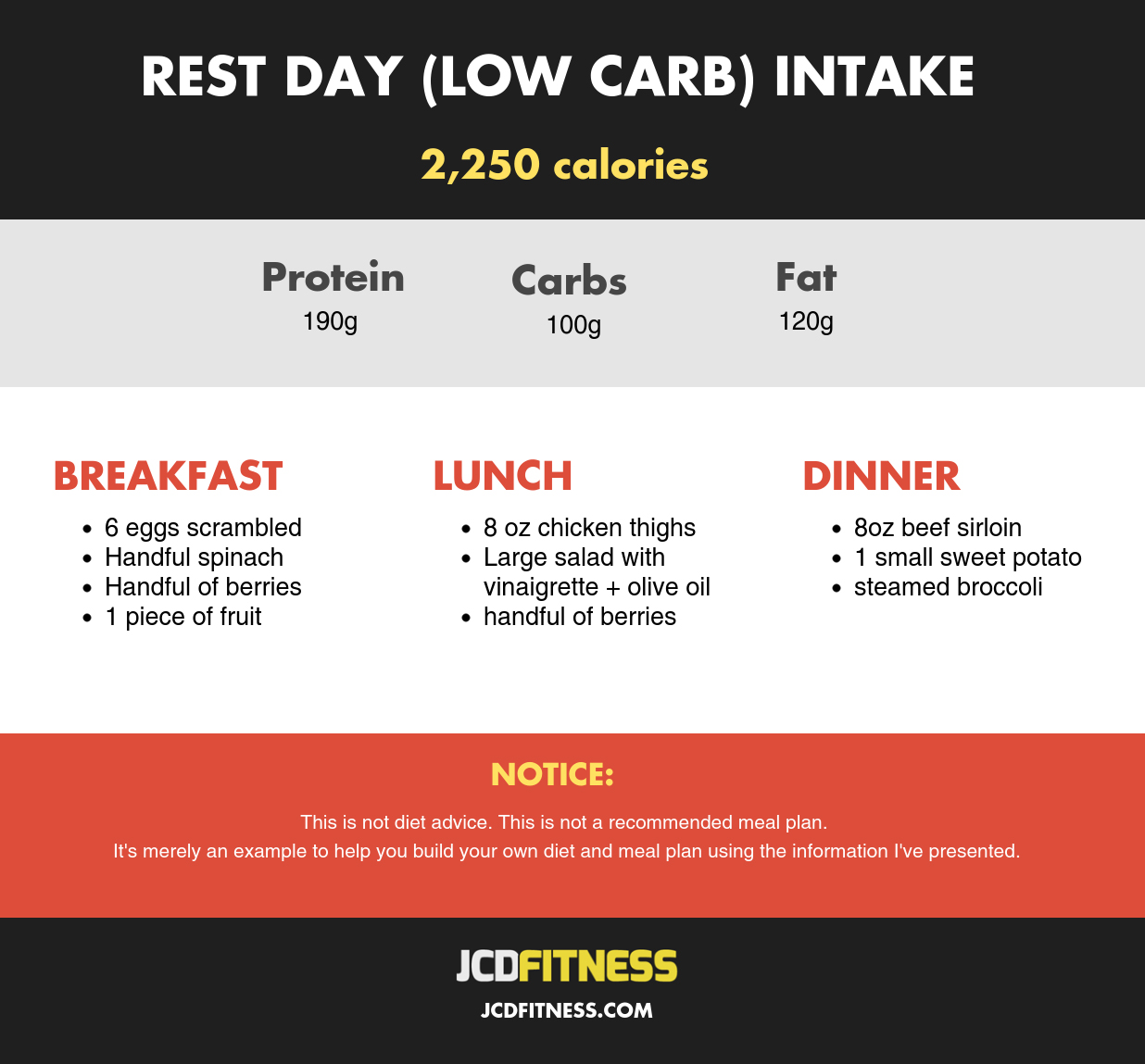Carb cycling vegetarian meal plan: a revolutionary approach to nutrition that combines the benefits of carb cycling with the power of plant-based eating. Discover how this innovative plan can transform your health, boost your energy levels, and help you achieve your weight management goals.
Delve into the science behind carb cycling and its potential benefits for vegetarians. Learn how this approach can help manage blood sugar levels, improve weight management, and support overall well-being.
Nutritional Benefits of Carb Cycling for Vegetarians

Carb cycling is a nutritional approach that involves alternating periods of high and low carbohydrate intake. For vegetarians, who often rely on plant-based sources for their carbohydrates, carb cycling can offer several potential benefits.
One key benefit of carb cycling for vegetarians is improved blood sugar management. By consuming higher amounts of carbohydrates on certain days, vegetarians can help replenish their glycogen stores, which are the body’s primary source of energy. This can help stabilize blood sugar levels and reduce the risk of spikes and crashes that can lead to fatigue and cravings.
Weight Management
Additionally, carb cycling can support weight management in vegetarians. By alternating periods of high and low carbohydrate intake, vegetarians can create a calorie deficit on low-carb days and promote fat burning. On high-carb days, the increased carbohydrate intake can help boost metabolism and provide energy for physical activity.
Sample Meal Ideas for Low-Carb Days
Low-carb days prioritize nutrient-rich foods that promote satiety and provide essential vitamins, minerals, and healthy fats. Vegetarian meal options can easily align with these principles by incorporating plant-based sources of protein, such as tofu, beans, and lentils.
The following table presents a sample meal plan for low-carb days, catering specifically to vegetarians:
Breakfast
- Scrambled tofu with sautéed mushrooms and spinach
- Oatmeal with berries, nuts, and chia seeds (limited serving of oatmeal)
- Vegetarian breakfast burrito with beans, peppers, and salsa
Lunch, Carb cycling vegetarian meal plan
- Grilled veggie salad with lentils, feta, and olive oil dressing
- Tofu stir-fry with brown rice (limited serving of brown rice)
- Black bean soup with whole-wheat tortilla (limited serving of tortilla)
Dinner
- Baked tofu with roasted vegetables and quinoa (limited serving of quinoa)
- Lentil shepherd’s pie with cauliflower mash
- Vegetarian chili with cornbread (limited serving of cornbread)
Snacks
- Hummus with vegetable sticks
- Greek yogurt with berries
- Trail mix with nuts, seeds, and dried fruit
Potential Risks and Considerations
Vegetarian carb cycling can be a healthy and effective way to lose weight and improve overall health. However, there are some potential risks and considerations that vegetarians should be aware of before starting a carb cycling meal plan.
Browse the multiple elements of bike rental in boca raton florida to gain a more broad understanding.
One of the biggest risks of carb cycling is that it can lead to nutritional deficiencies. This is because carb cycling involves restricting carbohydrates, which can make it difficult to get enough essential nutrients, such as fiber, vitamins, and minerals.
Vegetarians who are already at risk for nutritional deficiencies should be especially careful when following a carb cycling meal plan.
Another risk of carb cycling is that it can lead to dehydration. This is because carbohydrates help to retain water in the body. When you restrict carbohydrates, you may lose water weight, which can lead to dehydration. It is important to drink plenty of fluids when following a carb cycling meal plan to avoid dehydration.
Importance of Consulting a Healthcare Professional
Before making any significant dietary changes, it is important to consult with a healthcare professional. This is especially true for vegetarians who are considering carb cycling. A healthcare professional can help you to develop a meal plan that is safe and effective for you.
Learn about more about the process of fort collins mountain bike rental in the field.
Recipes and Resources: Carb Cycling Vegetarian Meal Plan

Discover a treasure trove of vegetarian carb cycling recipes and resources to support your journey. Explore cookbooks, online forums, and support groups to enhance your knowledge and connect with like-minded individuals.
Cookbooks
- The Vegetarian Carb Cycling Cookbookby Julieanna Hever
- Carb Cycling for Vegetarians: The Ultimate Guide to Weight Loss and Healthby Melissa Mangold
- The Complete Idiot’s Guide to Vegetarian Carb Cyclingby Jay Robb
Online Forums and Support Groups
- Vegetarian Carb Cycling Forum (www.vegetariancarbcycling.com)
- Carb Cycling for Vegetarians Support Group (www.facebook.com/groups/carbcyclingforvegetarians)
- Vegetarian Carb Cycling Reddit (www.reddit.com/r/vegetariancarbcycling)
Outcome Summary
In conclusion, the carb cycling vegetarian meal plan offers a comprehensive and effective approach to nutrition for vegetarians. By incorporating the principles of carb cycling with the nutrient-rich benefits of a plant-based diet, you can optimize your health, enhance your performance, and achieve your weight management goals.
Remember to consult with a healthcare professional before making significant dietary changes, and embrace the transformative power of carb cycling for vegetarians.
FAQ Summary
Is carb cycling suitable for all vegetarians?
Yes, carb cycling can be adapted to meet the needs of vegetarians. By incorporating a variety of plant-based protein sources, healthy fats, and complex carbohydrates, vegetarians can effectively implement carb cycling into their diet.
How often should I cycle carbs?
The frequency of carb cycling can vary depending on individual needs and goals. Common approaches include a 2:1 ratio (two high-carb days to one low-carb day) or a 5:2 ratio (five high-carb days to two low-carb days).
What are some tips for sticking to a carb cycling vegetarian meal plan?
Meal preparation, consistency, and hydration are key. Plan your meals in advance, stay consistent with your carb cycling schedule, and drink plenty of water to support your body’s needs.
